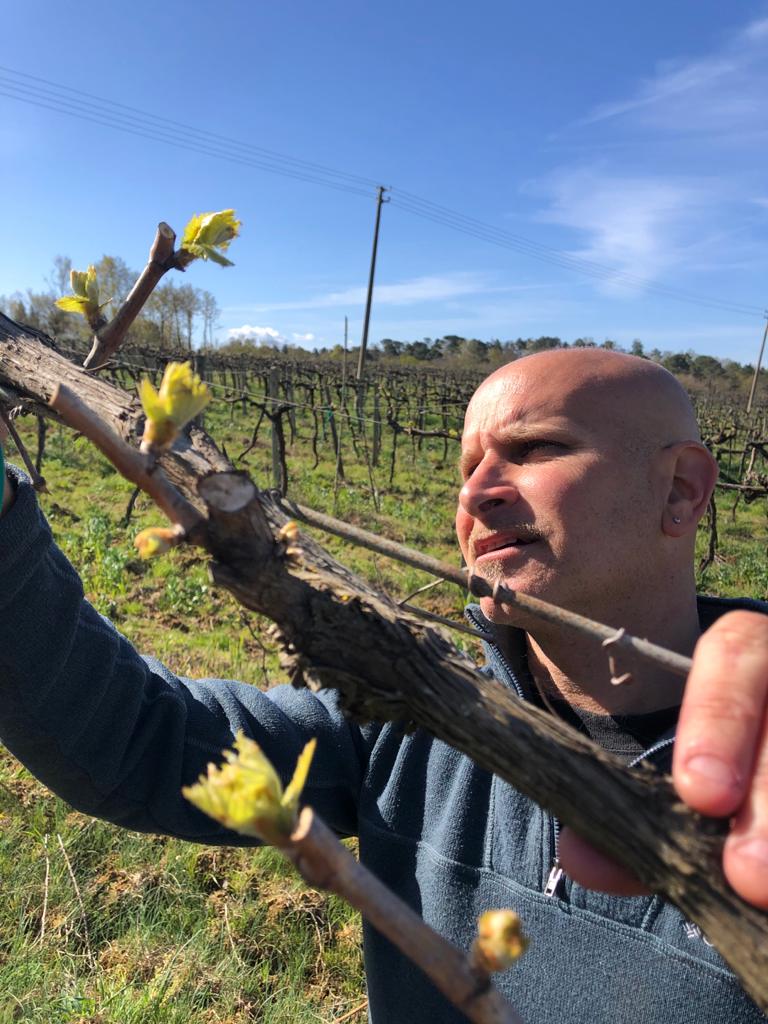The cellar is the beating heart of the company where the manual skills of the operators and the knowledge of the winemaker merge. Of course, today, technology is an indispensable element which, however, according to some, has taken poetry away from a work that is lost in the mists of time.
We ask the oenologist Dario Parenti for his opinion on the matter.
For the interview visit Piero Pardini Wine Reviews.








